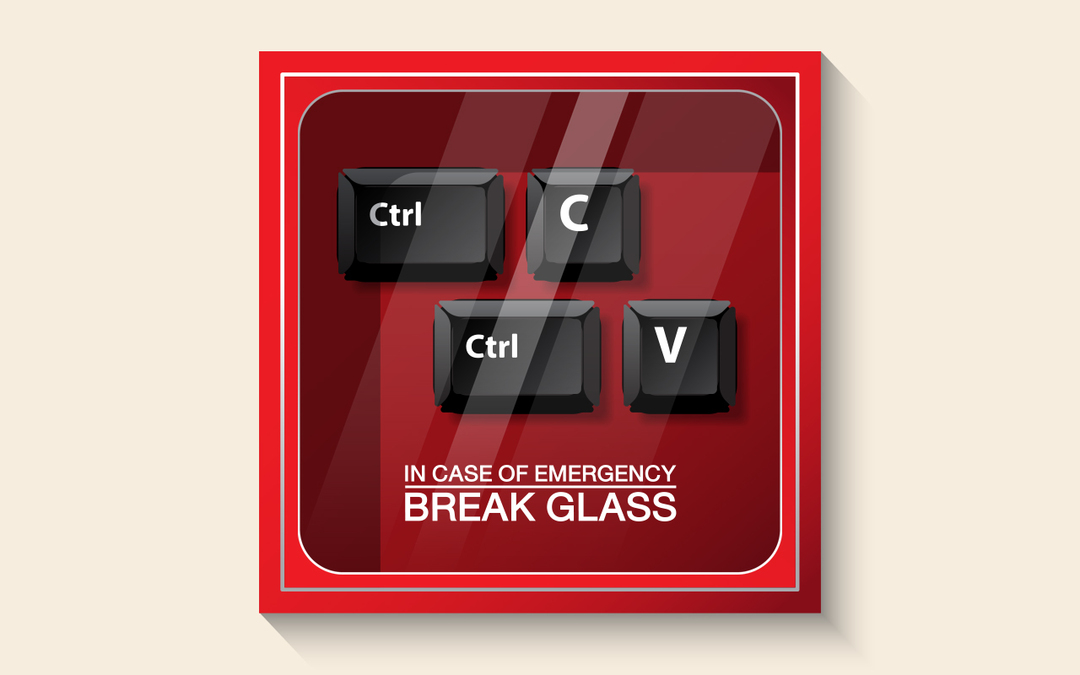
Seal of royal approval for the coronation
How to create a successful marketing campaign: Seal of royal approval for the coronation.
How to create a successful marketing campaign: Seal of royal approval for the coronation.
The latest in our irregular series looking at successful marketing campaigns and how you can create your own winning promotion.
With less than a week until the coronation of King Charles III, the shops are full of every kind of product you can imagine to commemorate this historic occasion. It seems like almost every brand has thought of a way to show their patriotism. And you might need access to the privy purse to afford some of the products. Here we look at some of the products, who has got the royal connection right, and who should be heading to the Tower?
All the usual suspects have special wares just for the coronation; think Marks and Spencer, Fortnum and Mason, Emma Bridgewater, and Sainsbury’s – all the usual Great British retailers.
Marks and Spencer has everything from soap and moisturiser to light-up cushions. And of course, there are special Colin the Caterpillars! What national event could pass without a special Colin?
Sainsbury’s has various special items including their Coronation Ale; brewed in England of course and apparently with a biscuit flavour.
Talking of biscuits, it seems every retailer has a special biscuit set and tin to commemorate the occasion. McVitie’s has its Coronation Commemorative Biscuit Selection, Marks and Spencer, John Lewis, and Fortnum and Mason have their own too. But if you fancy a fancy biscuit then don’t miss the Biscuiteers King Charles III coronation biscuits and tin.
As well as biscuits, John Lewis has developed a special cocktail for the occasion: Kocktail King Charles III Coronation Crown Martini. The Crown Martini is ready mixed, requiring no effort to celebrate. The drink includes Hepple gin, dry vermouth, elderflower liqueur, rhubarb, cucumber, and rose tea. A perfectly British mix.
Fortnum and Mason have a veritable smorgasbord of items to buy. Starting at £8.95 for their Coronation Chocolate Coin Tin up to their King of Picnics hamper for £500!
Kingsmill bread has released special packaging for the coronation and Pimm’s has its special No.1 Cup Coronation Edition.
And non-food items also include pottery gifts from Emma Bridgewater and clothes from Cath Kidston and Joules. Or how about a puzzle from Goviers; something to keep you entertained during the coronation service.
So, as you can see there’s plenty on offer but which of these warrant the Royal Warrant, and how you can take advantage of these for your organisation?
Be relevant
The best of these products are the ones that have a clear link to the coronation or are clearly ‘British’. So the soap and moisturiser set from Marks and Spencer seems a bit tentative. But the Kingsmill bread and Pimms all hit the right note. What about your organisation is really British? Play up those connections. For example, if your development charity works in every country of the commonwealth shout about that and show how all over the world people are celebrating their new Head of State.
Be exclusive
A winery in Sussex is offering a limited-edition sparkling wine, with only 1,000 available. Products like these are great; exclusivity makes the product desirable. How can you create exclusivity? Perhaps the first 100 donors receive a special gift or invitation to an event. For example, a conservation charity could plant a tree in its coronation wood for each person who donates before the Monday 8 May, and put their name on a plaque at the entrance to the wood.
Be useful
Many of the coronation products work well because they are useful. People up and down the country will be celebrating this weekend, so food and drinks will always work well. Especially at street parties when people want to show off to the Joneses. How can your organisation be useful? Perhaps a charity working in mental health could offer a blog on coping with the coronation weekend and the effect it may have on mental health?
Be long lasting
One of the reasons things like biscuit tins are so popular is that as well as the collectability of them, they are long-lasting. Many people still have tins from the late Queen Elizabeth II’s coronation and even her father’s coronation. And they are still being used to store cash, receipts, buttons, and a plethora of other household items. How can your organisation demonstrate its longevity? What product or service can you release to mark the coronation? Perhaps a new fund, award, or scholarship?
It’s not too late to create a product or service or even just write a blog that links to the news-worthy coronation just follow these four tips to make sure what you create hits the mark and drives your organisation objectives too.
So, tell us, how is your organisation celebrating the coronation?








